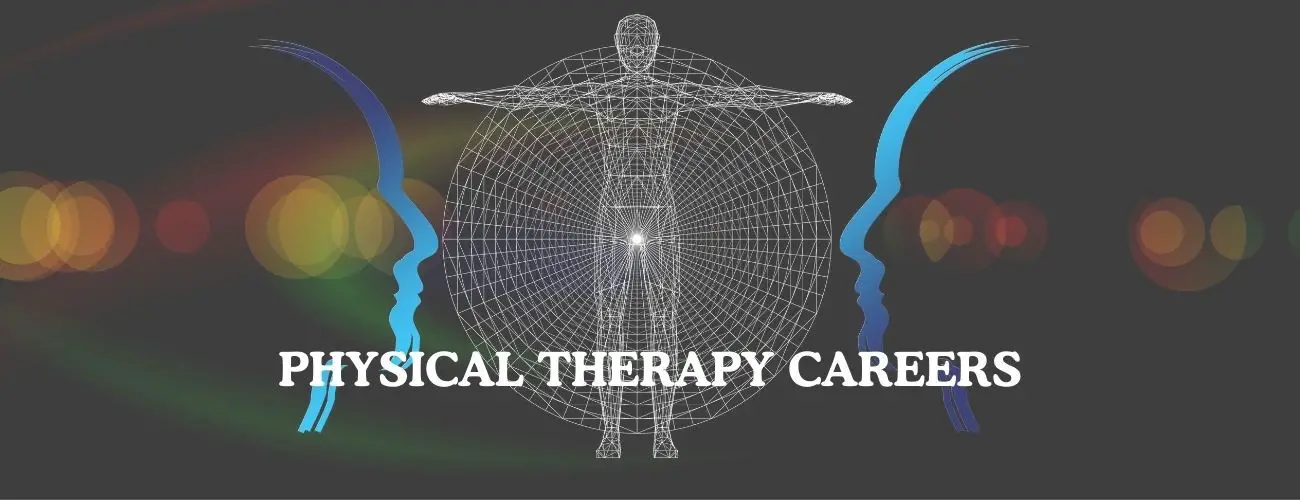How Long Does It Take To Become A Psychologist?
Are you confused about how long would it take to become a psychologist? This articles provides a good read and will help you clear your doubts on how long does it takes to become a psychologist, what are the educational requirements to become a psychologist and much more.
Updated by Tanya on 18th September 2020
The multifaceted specialty that incorporates research, psychological, and technical comprehension to mitigate, or alleviate ailments of the brain, covert, and overt behavior, falls under the wide umbrella of Psychology. The professionals specialized in this domain of vocation are known as Psychologists.
An integral query striking a Psychology aspirant is how much additional education is needed along with the correlated time, and effort.
Typically, it takes 10-12 years extensively to become a Psychologist. This is inclusive of meeting all the education requirements, licensure, and certification.
Psychologist: A bird’s eye view
As deemed by popular culture, Psychologists are the ‘doctors’ of the mind. Often misjudged as “talk therapists”, the job of a Psychologist is not circumscribed to therapeutic counseling of patients. Their service is extended beyond human psychology and encompasses the study, research, analysis, and treatment of animal behavior.
A career in Psychology requires a master’s degree in Psychology or any related field from an accredited educational institution. However, a doctoral degree is a key to harnessing a stronger grip on this domain. Additionally, for a Psychologist to legally practice in a state, he/she requires specific licensure and certification as prerequisites.
How long does it take to become a Psychologist?
The timeline to becoming a Psychologist is largely dependent on the choice of the interdisciplinary specialization within Psychology. Typically, a minimum of 12 years is required to become a Psychologist. This is inclusive of the bachelor’s, master’s, and doctoral degrees and getting licensed.
The timeline of education (excluding high-school) is grouped into 3 head categories. The U.S Department of Education has divided the academic timeline into -
- Bachelor’s degree- 4 years
- Master’s degree- 2 years
- Doctoral degree- 4 years
A specialty in Educational Psychology commonly termed as, Educational Specialist in School Psychology (Ed.S.) degree program, requires 3-4 years of education followed by 1 year of internship or an apprenticeship program.
Bachelor’s Degree
The successful completion of 120 credits results in the attaining of a Bachelor of Science (BS) or Bachelor of Arts (BA) degree in Psychology. Accounting up to 4 years of untiring effort, diligence, and top-notch education, a Psychology graduate has a firm grasp on psychological research, testing, analysis, and the fundamental systems of Psychology.
Bachelor’s degrees may exceed the conventional 4 years of education, especially in cases where there is a change of major.
Master’s Degree
To delve deeper into the realm of Psychology, a master's degree is imperative. With a minimum of 2 years of elaborative study, a student is tutored on myriad methodologies of Psychology.
Doctorate Degree
The duration of a doctoral program primarily depends on the following factors,
-
The area specialty
-
Successful completion of a master’s degree
Conventionally, the tenure of a Ph.D., or Psy.D. in Psychology sums to 3-5 years of education. However, the years of academic education may extend up to 8 years depending on a variety of factors, circumstantial or otherwise.
Experience
Internships are requisites for licensure. Generally, the duration of the internship varies with the requirements as set by different states. However, a minimum of 1 year is recommended for an internship program.
Licensure
Licensing, certification, and registration requisites for Psychologists differ from state to state. For practicing in a different state, the professional’s current state license should meet or exceed the licensure requirements of the latter. Certain states hold tests annually/biennially or after a fixed period to ensure the eligibility of the Psychologist.
Board certification offers a wider potentiality of a fruitful career in Psychology. The bodies administrating certification in Psychology are -
-
The American Board of Clinical Neuropsychology
-
American Board of Professional Psychology
Conclusion
The aforementioned timeline provides a comprehensive take on the time invested in becoming a Psychologist. To sum up, it can take anywhere between 4 years for a Bachelor’s degree, 2 years for a Master’s program, 3-5 years for a Doctoral program, and approximately 1 year to gain experience and get licensed. The time to complete your college education completely depends on your career goals, chosen area of specialty, personal dedication, and diligence.






61.png)
